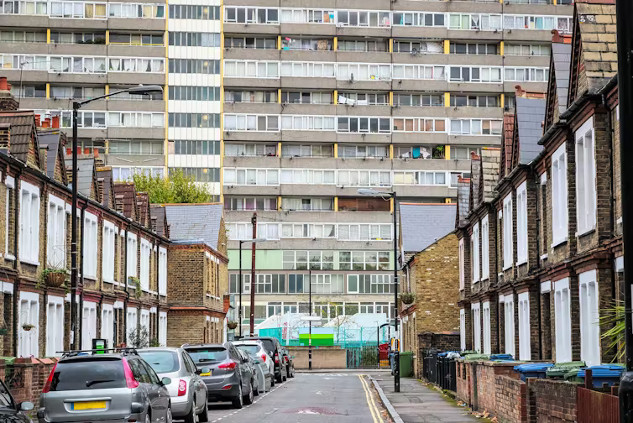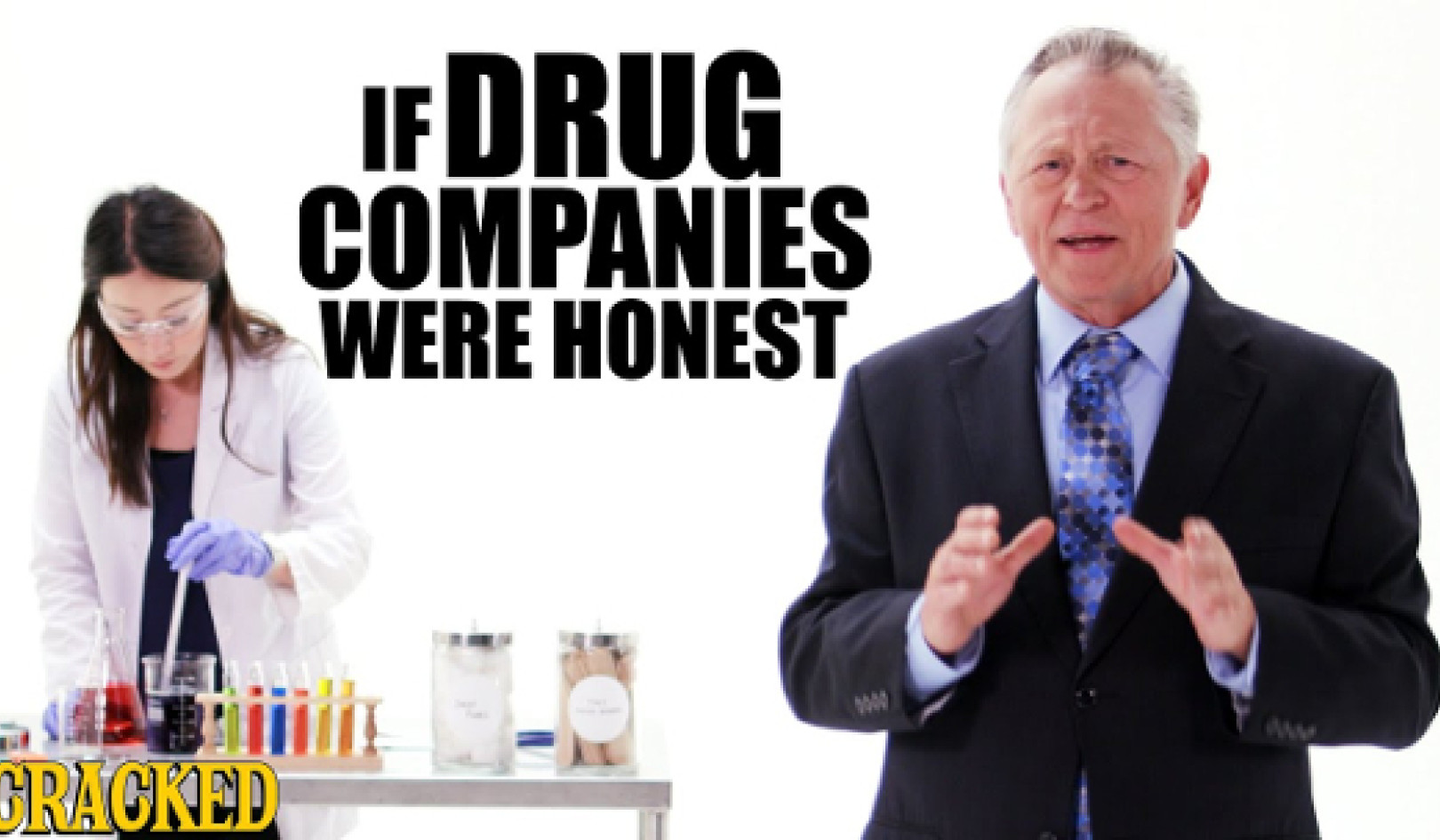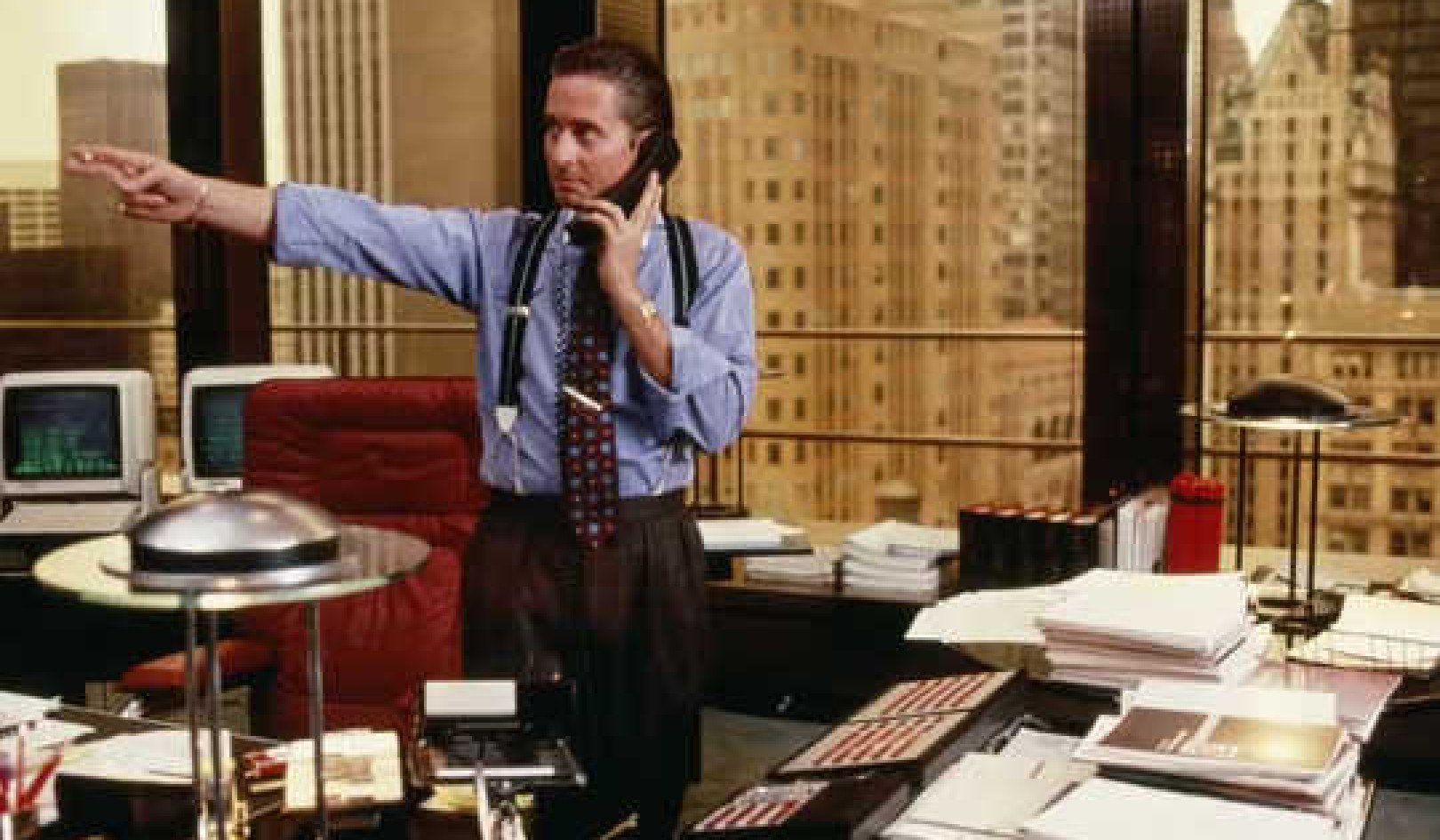
Britain is in a poverty crisis. Over 14 Millionen Menschen (one in five) are living in poverty. Of these, 4 million, including 1 million children, are classed as destitute: regularly unable to meet basic needs for shelter, warmth, food and clothing.
Cuts to the welfare state over the last decade have contributed to a deepening of poverty in Britain not seen in any of its European neighbours. What sets Britain apart (and has made it possible for these cuts to continue) is the intense stigma placed on people living in poverty and who receive state benefits.
Stigma sorts people into two categories “the deserving” and “the undeserving”. Elderly (pension-aged) citizens, children and disabled people have tended to fall into the deserving category, while people deemed able-bodied and hence able to work are viewed more harshly if they receive support.
This has been seen throughout this election campaign, in discussions about getting people back into work. Rishi Sunak has said that the Conservatives intend to cut the welfare bill by getting people into work. In the last debate, he said it was “not fair” for people on benefits to not take a job they are offered after 12 months out of work. The implication here is that some people who receive benefits are cheating the system.
Social policy researchers Robert Walker and Elaine Chase argue that using stigma to ration relief is a peculiarly British phenomenon that declined in more egalitarian, less class-riven European states.
Stereotypes pitting “scroungers” against those in “genuine” need have been especially acute in the age of austerity. From 2010, the coalition government sought support for swingeing cuts to the welfare and benefits system by persuading the public that those receiving benefits were “trapped in dependency”. Then prime minister David Cameron , erklärt “a war on welfare culture” in 2011, arguing that the benefit system “actively encourages” people to act irresponsibly.
A moral panic about “benefits cheats” followed. Politicians and journalists portrayed working-age adults receiving benefits as a lazy or criminal group who were deliberately scamming hardworking taxpayers. Hundreds of hours of reality TV programmes exploited this theme, creating the new genre of “Armutsporno".
The late social policy expert John Hills argued that framing state welfare as an unaffordable system of cash benefits exploited by “economically inactive” people is incorrect, and a ruse by politicians to slash all public services. Drawing on social attitudes data, he gefunden that the very idea of welfare had contracted in public consciousness to a debate about “a stagnant group of people benefiting from it all, while the rest pay in and get nothing back – ‘skivers’ against ‘strivers’”.
Sunak has revived these claims with proclamations about Britain’s supposed “sick note culture” with disabled people “parked on welfare”.
This view is borne out in policies that have, over time, increased job search and work requirements – known as “conditionality” – for people receiving benefits. This is despite evidence showing such policies don’t work, and that 38% der Menschen receiving universal credit are in work.
Seit mehr als einem Jahrzehnt Ich habe studiert the effects of stigma on people living in poverty. I have interviewed health, public sector and charity workers, including GPS and headteachers, about the effects of deepening poverty and the impact of this toxic stigma narrative.
By framing poverty in Britain as a deserved consequence of poor life choices or a reluctance to work, stigma diverts blame from political decision-makers onto those struggling to make ends meet.
The impact of stigma
Feeling ashamed of being poor stops people seeking help and support. The gnawing anxiety that their lack of resources will be exposed to others can lead people to withdraw from social activities and become isolated. A former schoolteacher I interviewed was forced to give up work due to illness as stories about benefits cheats peaked:
You only have to watch any programme and there is evidence there that your kind are hated. These people are stealing your taxes and you’re thinking, ‘that is me they are talking about’. Trapped in this cycle of being hated by everybody … It’s relentless. Never-ending. One constant cycle of judgement. Until you are ashamed to do anything.
I am part of a team commissioned by the Joseph Rowntree Foundation to investigate the effects of stigma and explore how to stop it. Our kürzlich veröffentlichter Bericht describes stigma as “a glue that holds poverty in place”. When politicians (through speeches and policy) and the media (through reality television or stigmatising reports) teach us to see poverty as a result of others’ bad choices rather than a systemic problem, it becomes socially acceptable. In this way, poverty and poverty stigma reinforce each other.
As we are exploring, stigma can be designed out of policies and services. For example, measures to “poverty proof” the school day such as changing how meals (and free school meals) are delivered so students are not marked out as different, making school uniforms more affordable and designing school events to be accessible to everybody can also help “stigma proof” schools for children from low-income families. But this only works if organisations first listen to and learn to see from the perspectives of those living in poverty.
Poverty must be reframed as an issue of wirtschaftliche Ungerechtigkeit, shifting blame away from individuals.
The next government must end the use of stigmatising labels such as “economically inactive” to describe disabled people or people with unpaid caring responsibilities, or “low-skilled” to describe low-paid work. This latter point must go hand in hand with campaigning for greater Lohngleichheit and real living wages.
To end Britain’s poverty crisis, we all need to reject stigma, by exposing it for what it is: a tool used by the powerful to justify economic inequality and injustice.![]()
Imogen Tyler, Professor für Soziologie, Lancaster University
Dieser Artikel wird erneut veröffentlicht Das Gespräch unter einer Creative Commons-Lizenz. Lies das Original Artikel.
Bücher über Ungleichheit aus der Bestsellerliste von Amazon
"Kaste: Die Ursprünge unserer Unzufriedenheit"
von Isabel Wilkerson
In diesem Buch untersucht Isabel Wilkerson die Geschichte der Kastensysteme in Gesellschaften auf der ganzen Welt, einschließlich der Vereinigten Staaten. Das Buch untersucht die Auswirkungen der Kaste auf den Einzelnen und die Gesellschaft und bietet einen Rahmen für das Verständnis und die Auseinandersetzung mit Ungleichheit.
Klicken Sie für weitere Informationen oder zum Bestellen
"Die Farbe des Gesetzes: Eine vergessene Geschichte, wie unsere Regierung Amerika segregierte"
von Richard Rothstein
In diesem Buch untersucht Richard Rothstein die Geschichte der Regierungspolitik, die die Rassentrennung in den Vereinigten Staaten geschaffen und verstärkt hat. Das Buch untersucht die Auswirkungen dieser Richtlinien auf Einzelpersonen und Gemeinschaften und bietet einen Aufruf zum Handeln, um die anhaltende Ungleichheit anzugehen.
Klicken Sie für weitere Informationen oder zum Bestellen
„Die Summe von uns: Was Rassismus alle kostet und wie wir gemeinsam erfolgreich sein können“
von Heather McGhee
In diesem Buch untersucht Heather McGhee die wirtschaftlichen und sozialen Kosten des Rassismus und bietet eine Vision für eine gerechtere und wohlhabendere Gesellschaft. Das Buch enthält Geschichten von Einzelpersonen und Gemeinschaften, die Ungleichheit in Frage gestellt haben, sowie praktische Lösungen für die Schaffung einer integrativeren Gesellschaft.
Klicken Sie für weitere Informationen oder zum Bestellen
"Der Defizit-Mythos: Moderne Geldtheorie und die Geburt der Volkswirtschaft"
von Stephanie Kelton
In diesem Buch stellt Stephanie Kelton konventionelle Vorstellungen über Staatsausgaben und das Staatsdefizit in Frage und bietet einen neuen Rahmen für das Verständnis der Wirtschaftspolitik. Das Buch enthält praktische Lösungen zur Bekämpfung von Ungleichheiten und zur Schaffung einer gerechteren Wirtschaft.
Klicken Sie für weitere Informationen oder zum Bestellen
"Der neue Jim Crow: Masseneinkerkerung im Zeitalter der Farbenblindheit"
von Michelle Alexander
In diesem Buch untersucht Michelle Alexander die Art und Weise, wie das Strafjustizsystem Rassenungleichheit und Diskriminierung fortsetzt, insbesondere gegenüber schwarzen Amerikanern. Das Buch enthält eine historische Analyse des Systems und seiner Auswirkungen sowie einen Aufruf zum Handeln für Reformen.
























